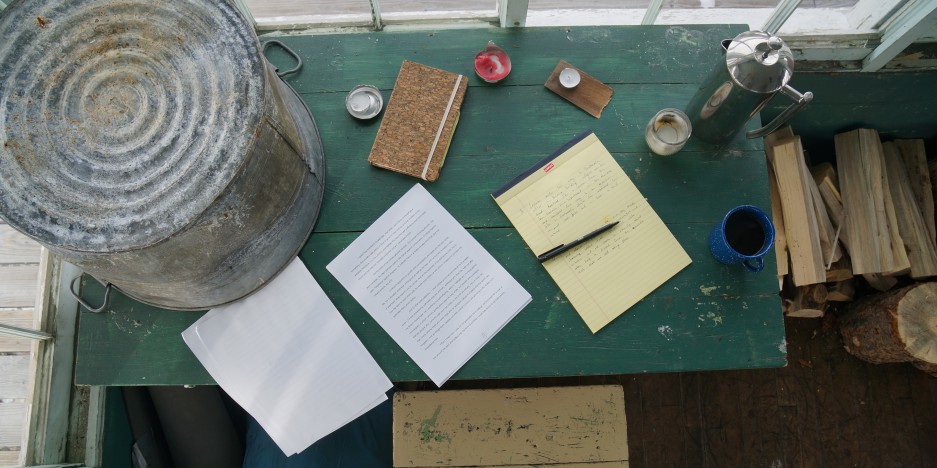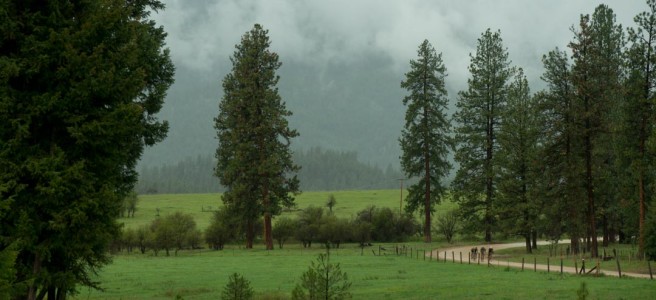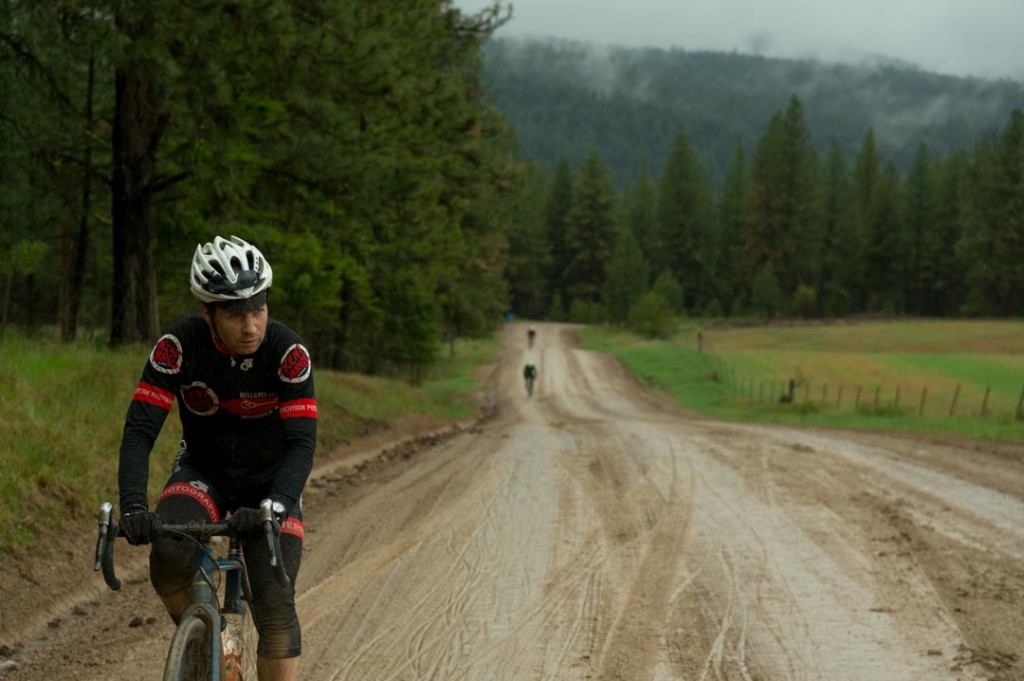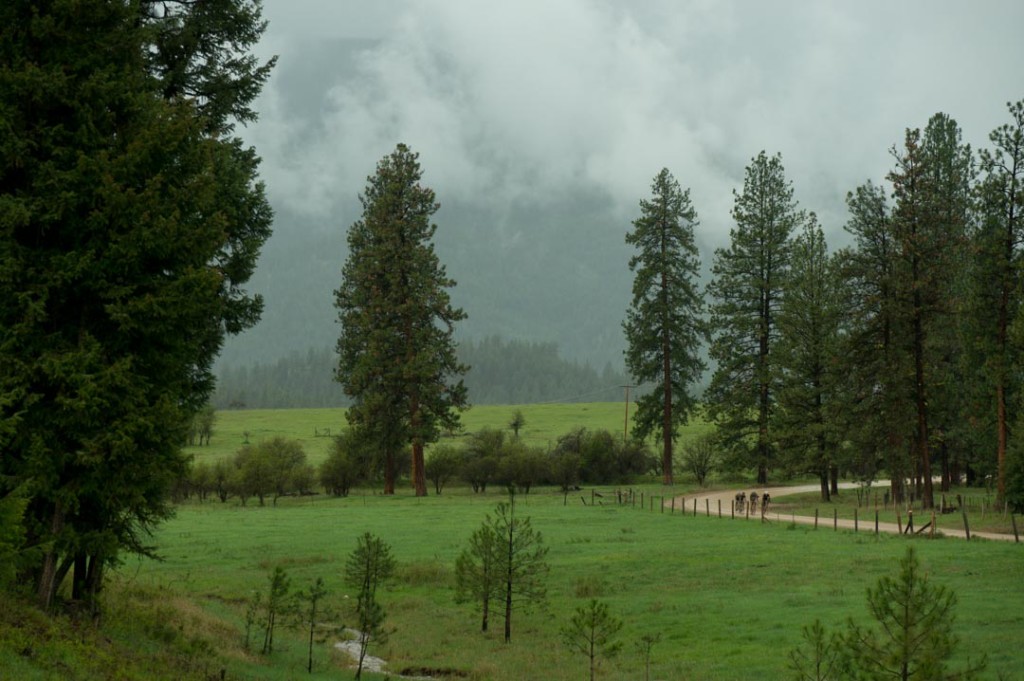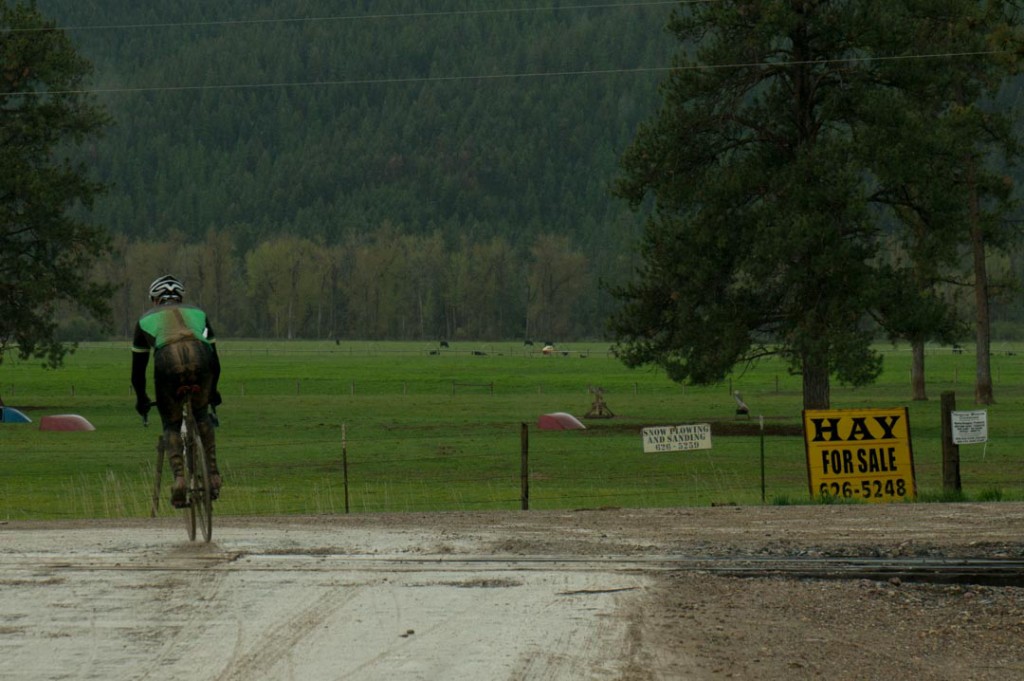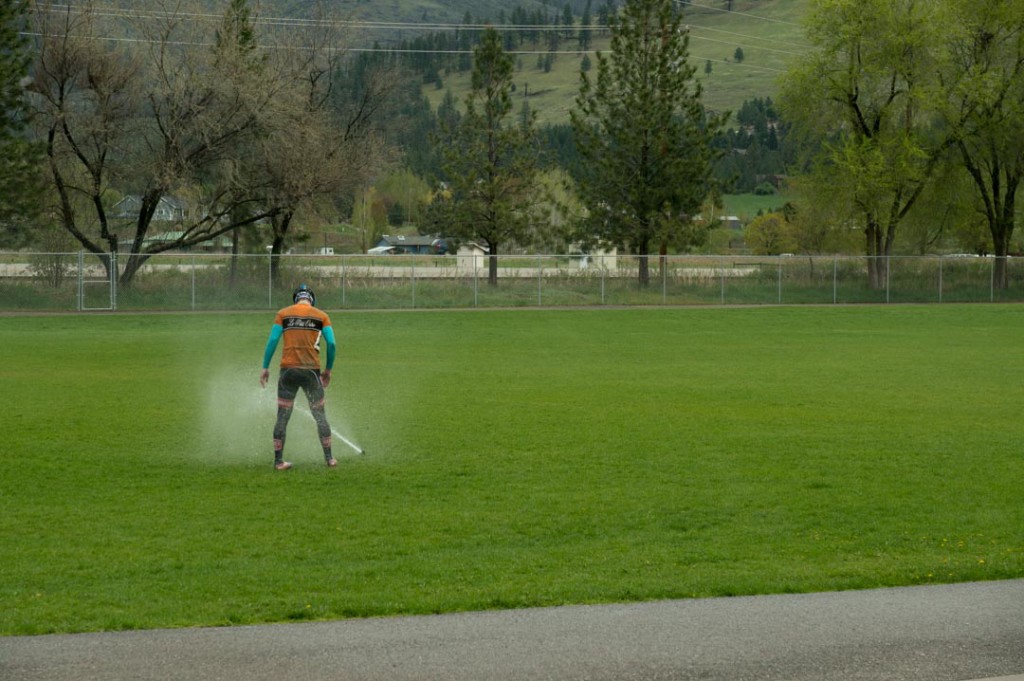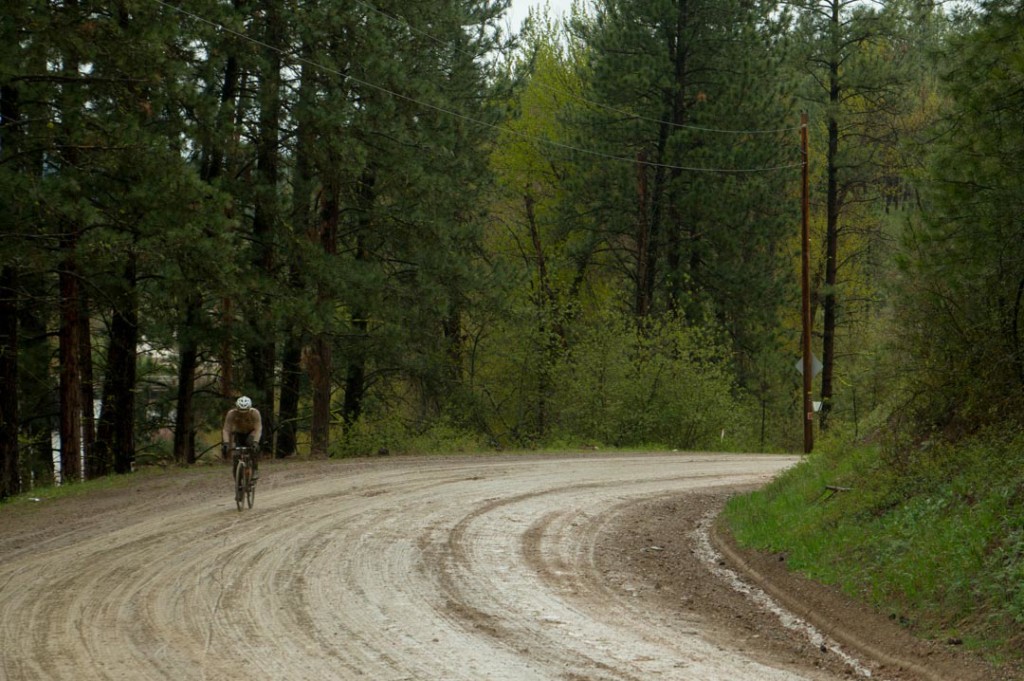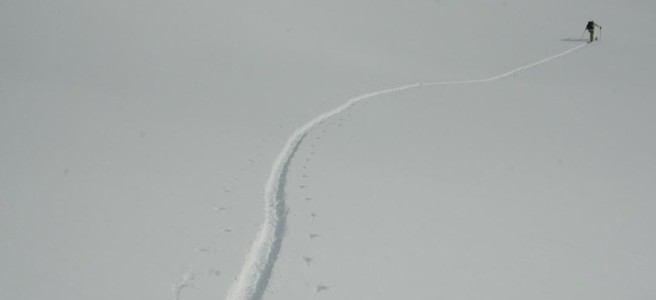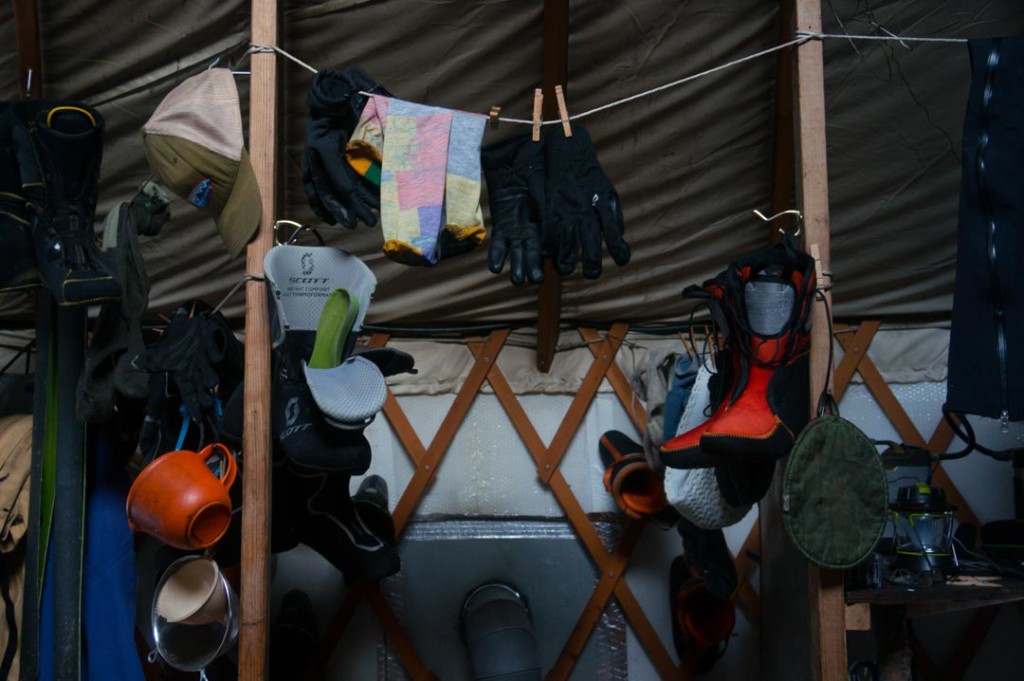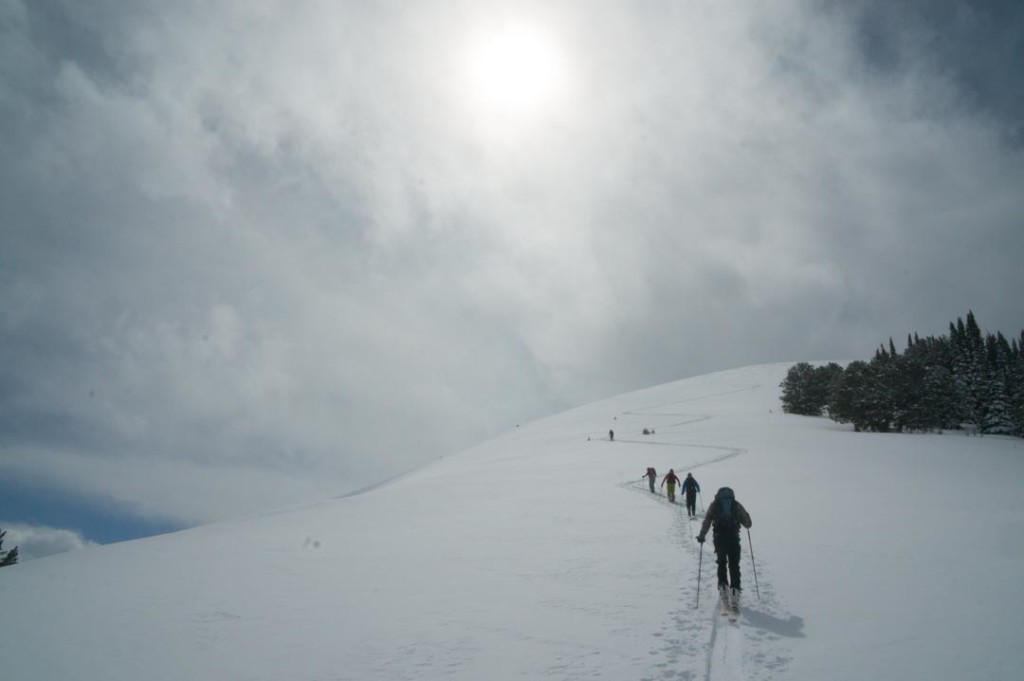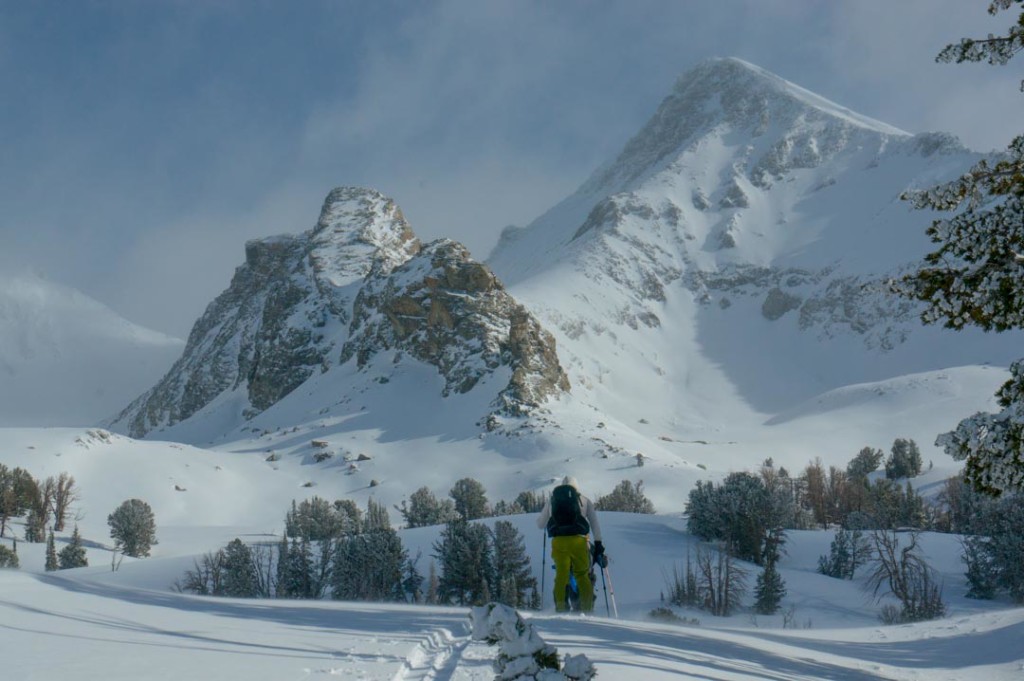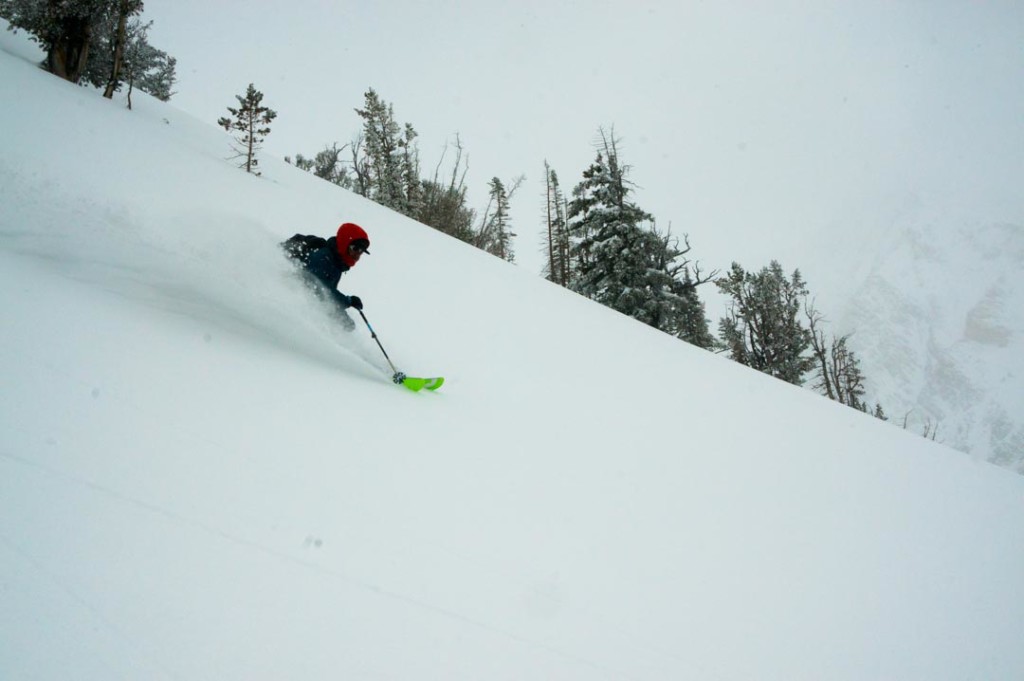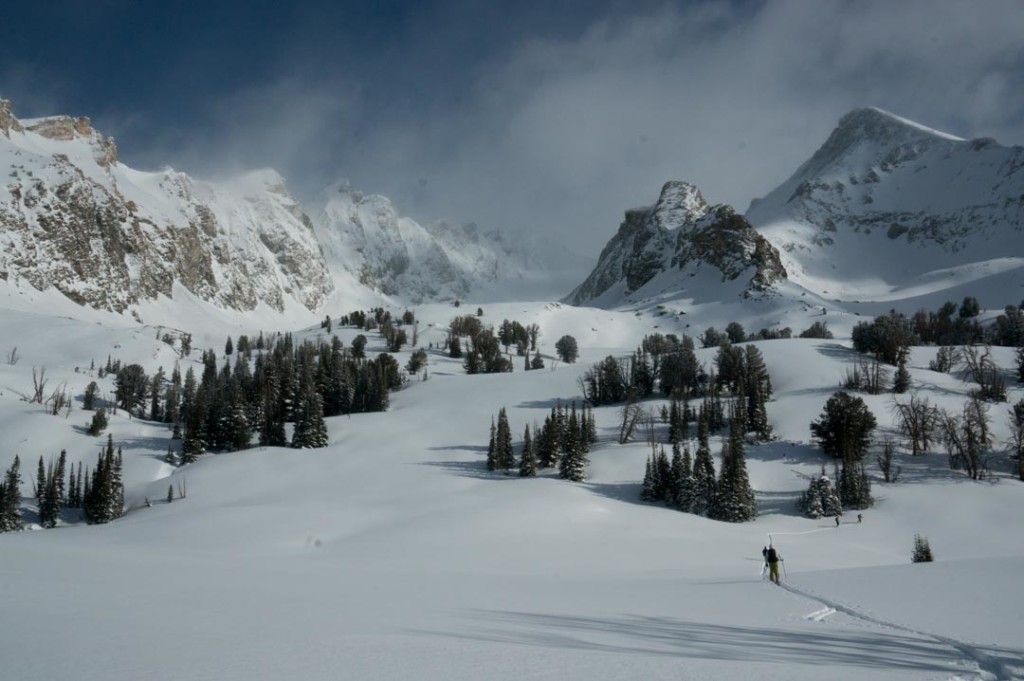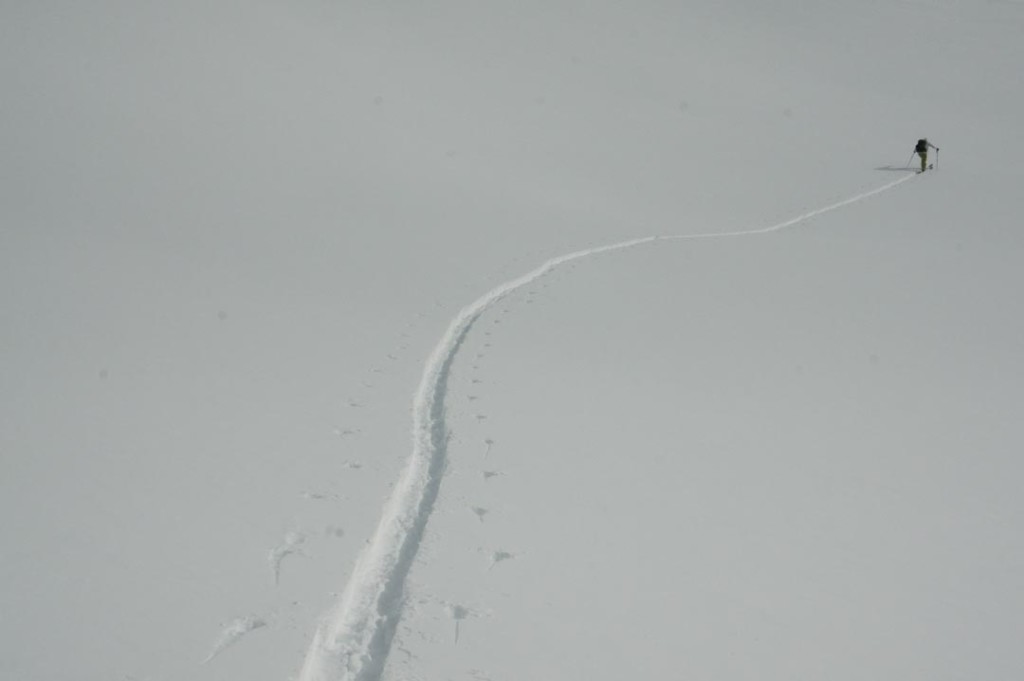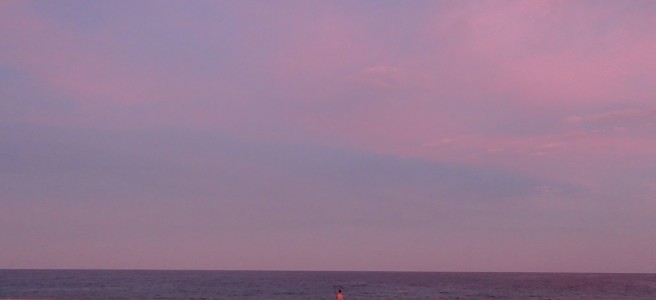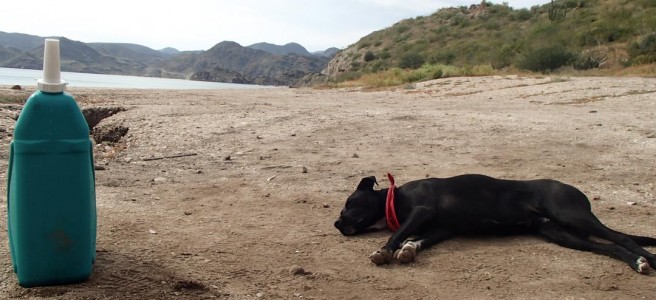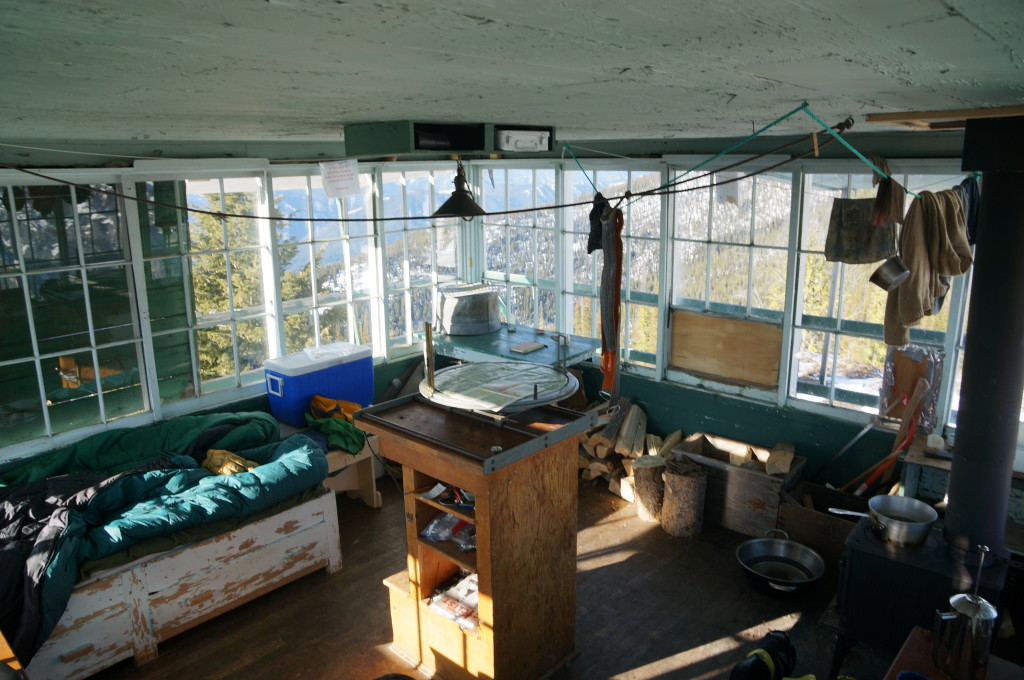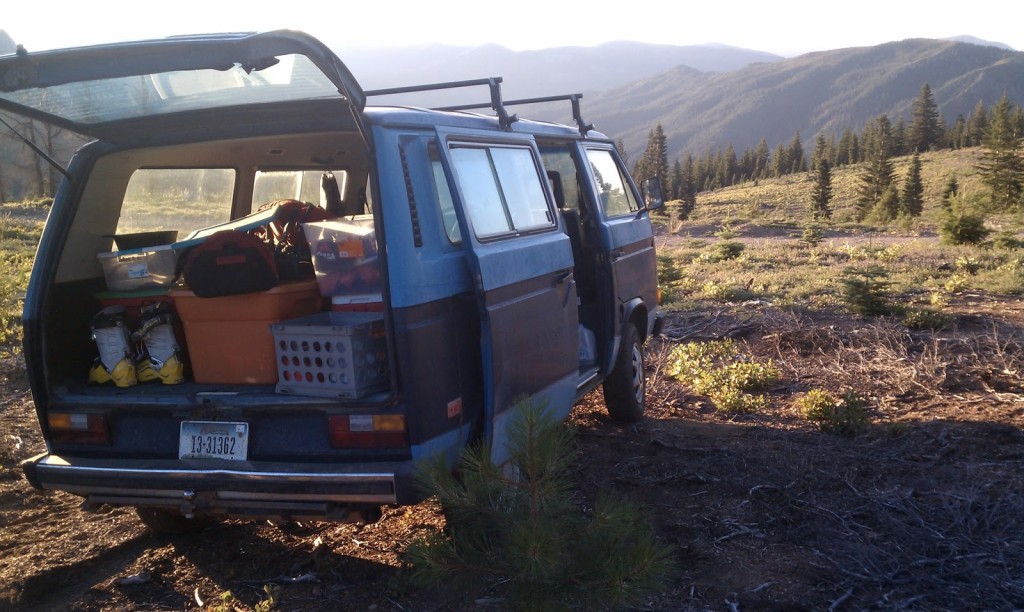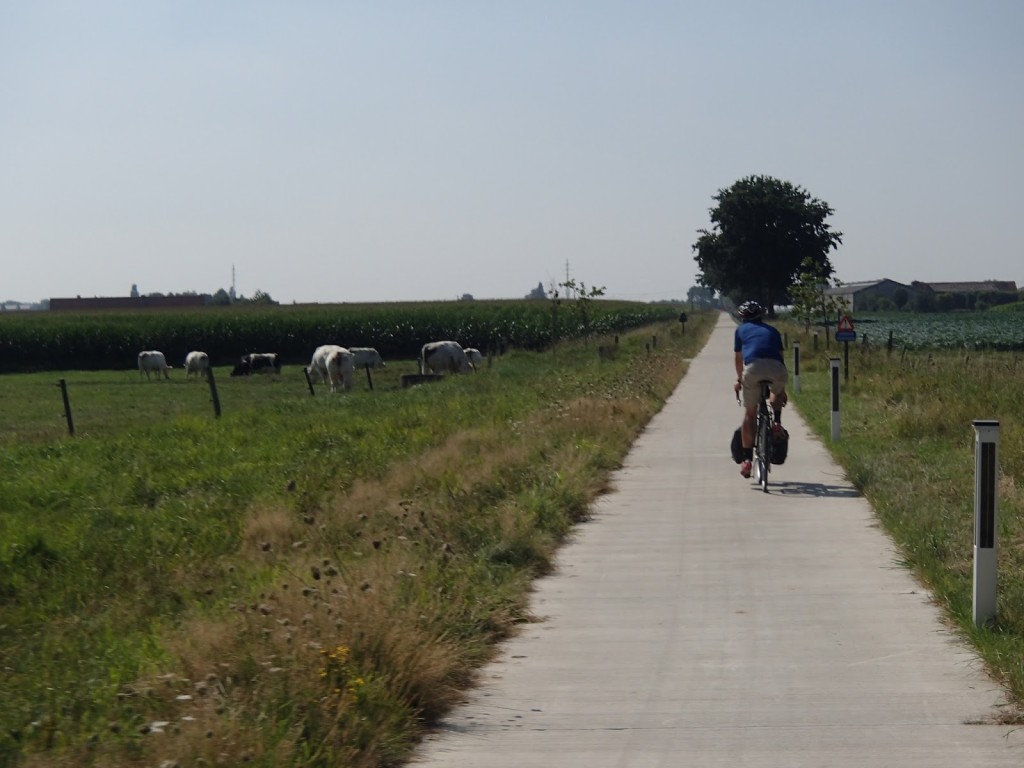Imagine, for a moment, that you are on an airplane for a long flight. You occupy the middle seat in the last row, and it’s one of those funny regional jets where the last row doesn’t have a window at all. You are adjacent to the lavatory, and between a morbidly obese couple who is eagerly trading cell phones across your lap so that they can fawn over their cats, whom they miss dearly. The cats are hairless.
You mutter under your breath that you might prefer it if the plane just crashed. It is an objectively unpleasant experience, this flight, and under normal circumstances you’d readily be forgiven for you exasperated hyperbole.
Except that in this allegory a flight attendant overhears your discontent. He rushes to the cabin and alerts the pilot and co-pilot to what you just said. They discuss the topic briefly before they throw up their hands and concede that The Customer Is Always Right. Then they take hold of the stick, turn off autopilot, and crash the plane into the nearest mountainside.
That shit just happened in the UK.
The world is abuzz with the news of the British exit (Brexit) from the European Union. You’d have to live in a pretty deep hole to have missed this, and so I’ll spare you the details and point you toward a real journalist’s summation of what’s going on if you’re still a little hazy.
Instead, I’d like to point out a few observations that I’ve made over the last few days.
The Wrong Side of the Bed – My favorite thing about world politics is how large and far reaching the ramifications of every conversation, dispute, and sleight tend to be. It can be a bit overwhelming, but it’s also a beautiful context for how small the rest of our problems are.
Only have $40 to your name? Just caught your spouse having sex with the neighbor? Just caught your spouse having sex with the neighbor’s dog? Doesn’t matter! Right now Jeremy Corbyn is having a shittier day than you are. I guarantee it. Any time I’m feeling stressed out, or flustered, I like to think to myself, “This sure is shitty, but at least negotiating a Syrian ceasefire isn’t on my plate today.” Try it some time; it helps!

Call It Like You See It – The Brexit vote was sold to The People (happy to be fact checked by someone who lives there . . .) on two main principles: first, that Britain has been hemorrhaging cash to the EU that should instead be spent on healthcare, and second, that the EU’s stance on trade and labor has opened the floodgates of needy immigrants who are just coming over the channel to steal jobs and welfare. Now that the referendum actually passed (more on that later), there seems to be some backpedaling going on.
Independent of truth, the campaign certainly worked. And I can’t help but notice that the Brexit campaign, a resurgence of ultra-nationalist parties in France, the Netherlands, and Norway, and the Cruz/Trump Twat Caucus have all risen in the polls as the Arab Spring has fizzled and Middle Eastern political stability has fallen into shambles. Just as many millions of displaced Muslim refugees are flowing out of Iraq and Syria, far right political parties are exacerbating latent Islamophobia throughout the slums of disenfranchised whitefolk and riding that momentum to the highest offices of government.
While the TEA Party, the Leave camp, and Marine Le Pen’s cronies all have different official platforms, a common denominator is palpable: Islam is scary. Not to paint with too broad a brush, but the whole Far Right Renaissance just kind of reeks of Busch League racism to me.
Can We Get a Mulligan? – The Brexit vote presented a perfect storm that combined the most honest, brute force method of democracy, the referendum (where there are no pesky parliamentary middlemen to read the fine print – the will of the people is effected directly), with a largely uneducated populace who was so disillusioned with the democratic process that they truly believed their votes didn’t count.
Seventy percent of British voters, including a majority of the people who asked to leave the EU, didn’t think that the referendum would pass. Let that sink in for a moment. Many people (3 million at last tally) want a do-over now that the ballots have closed and they’ve made time to Google what the heck the EU is, anyway.
I don’t bring this up to poke fun at our unhappy ideologues across the pond. It’s easy to forget that we’re on the cusp of a similarly outrageous decision right here in the Best Goddam’ Country On Earth. Please do try to remember this November that every single thing about Donald Trump is a joke except for the fact that he really is the Republican Presidential Nominee. (That’s actually a joke about the Republican Party.) Hillary Clinton may not be a perfect candidate, but there are no mulligans on Presidential Elections.
Like
